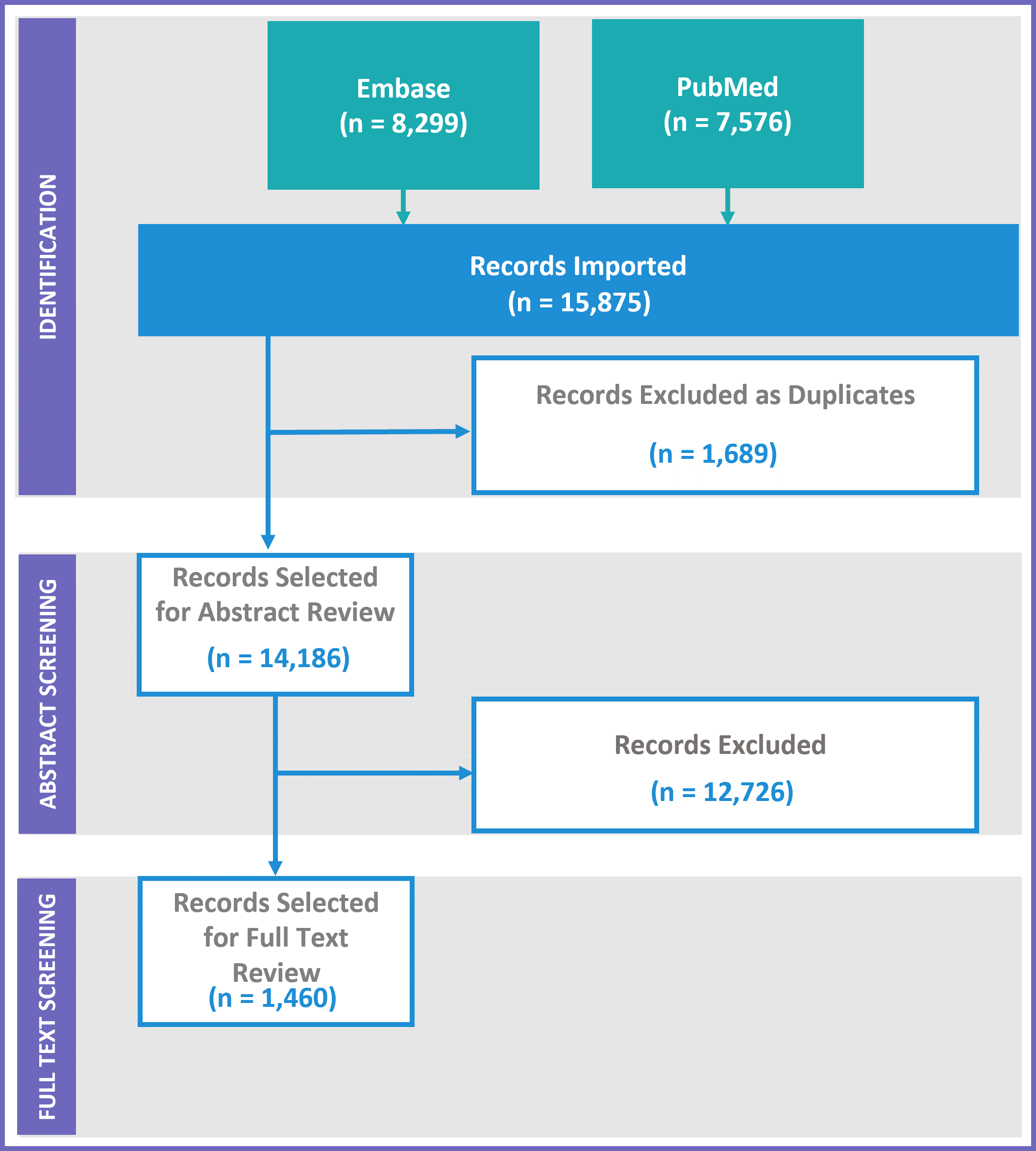Genomics/Epigenomics
Genomics/Epigenomics
164 - Health-Related Quality of Life Among Children with Genetic Conditions and Their Families: A Scoping Review
Saturday, April 29, 2023
3:30 PM - 6:00 PM ET
Poster Number: 164
Publication Number: 164.218
Publication Number: 164.218
Hadley S. Smith, Harvard Medical School, Brookline, MA, United States; Madison R. Hickingbotham, Harvard Pilgrim Health Care Institute, Boston, MA, United States; Raymond Belanger Deloge, Baylor College of Medicine, Houston, TX, United States; Anne Schuster, The Ohio State University, Columbus, OH, United States; Fatima M. Khan, Baylor College of Medicine, Houston, TX, United States; Janel Hanmer, University of Pittsburgh, Pittsburgh, PA, United States
.jpg)
Hadley S. Smith, PhD, MPSA (she/her/hers)
Assistant Professor
Harvard Medical School & Harvard Pilgrim Health Care Institute
Brookline, Massachusetts, United States
Presenting Author(s)
Background: Most of the approximately 4,000 diagnosable genetic conditions affect newborns and children and may have substantial impacts on both the physical health and emotional well-being of the child and family. However, health-related quality of life (HRQoL) in children with genetic conditions and their family members has not been systematically described in the era of clinical genomic sequencing.
Objective: Describe the landscape of empirical literature on HRQoL of pediatric patients with genetic conditions, as well as the HRQoL and well-being of their family members.
Design/Methods: We conducted a scoping review following published methodological guidelines (PRISMA-ScR). We systematically searched PubMed, EMBASE, and grey literature for original, full-length research articles published since January 1, 2010 that reported primary data on HRQoL for pediatric patients (< 18 years) with genetic conditions (see additional detail in table) and/or HRQoL or well-being of their family members, and that were available in English. Two reviewers screened each record, and discrepancies were resolved through consensus. We extracted and summarized genetic conditions studied and the instruments used to assess HRQoL.
Results: Our PubMed search yielded 7,576 records, and our Embase search yielded 13,061 of which 8,299 remained after PubMed duplicates were removed (figure). After title and abstract review, 1,460 records were retained for full-text review. With 55% of full-text screening complete, 605 articles were included. Articles reported data on pediatric HRQoL (67%), family HRQoL and well-being (20%), or both (12%). Most studies were conducted (based on corresponding author’s institution location) in the US (33%) or the United Kingdom (7%). The most frequently studied conditions include: sickle cell anemia (14%), cystic fibrosis (13%), hemophilia (9%), Duchenne muscular dystrophy (8%), and thalassemia (7%). The majority of pediatric HRQoL studies (67%) employed a cross-sectional survey study design, whereas 12% reported data from interventional trials. The Pediatric Quality of Life Inventory (PedsQL) was the most frequently used instrument (25%) to assess pediatric HRQoL.
Conclusion(s): With improvements in the ability to diagnose genetic conditions in childhood and to provide genetically informed care, understanding of HRQoL in genetic conditions is necessary to assess the value of clinical interventions and can guide patient and family counseling. There is a diverse and growing body of literature on HRQoL and well-being across a wide range of pediatric genetic conditions.


